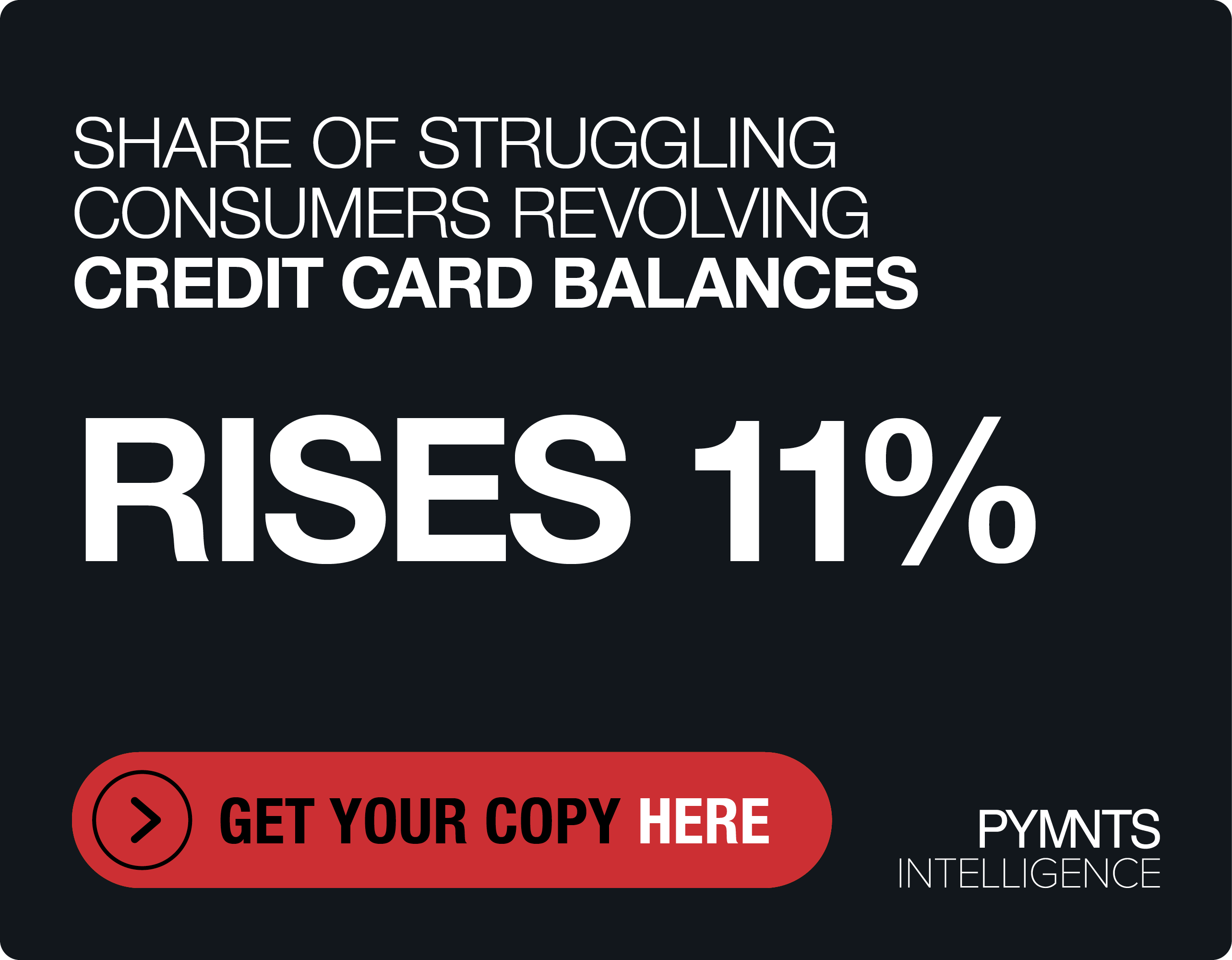Tempered by Inflation, Revenge Retail Trend Favors Experiences, Luxury Goods

They say revenge is a dish best served cold, but the revenge shopping trend of 2022 is heating up fast as millions make purchases they’ve been putting off, especially in categories like travel.
With the Consumer Price Index (CPI) spiking and inflation weakening buying power, it’s a weird confluence of pent-up consumer demand for goods and experiences that were off-limits or unavailable during the worst disruptions, tempered by the inflationary pinch.
As the economy pushes against the optimistic revenge retail bursts seen in 2021, this summer is seeing more selective revenge purchases, with travel topping the list.
Reuters reported in March that “U.S. booking sites including Vrbo, Hopper and KAYAK are seeing higher demand for spring and summer leisure travel as COVID-19 restrictions ease and travelers appear to be shrugging off added costs to plane tickets and road trips from rising fuel prices.”
The message now is “get your revenge before it’s sold out,” as trips canceled in 2020 and 2021 are being booked now, with inventory to the most popular destinations dwindling.
CNBC reported in March that “nearly half of those who had vacations canceled in 2020 and 2021 plan to take them this year, according to a survey by travel insurance firm Berkshire Hathaway Travel Protection. Only 5.5% are pushing these plans to next year, and less than 4% plan to cancel altogether, according to the survey of more than 1,500 travelers.”
Among the quickly vanishing reservations are vacation experiences including African safaris, home rentals in Hawaii, luxury ranches and private yacht charters, CNBC said.
Rising in the East
The revenge retail trend of summer 2022 appears to be starting more in Asia and moving west.
When Shanghai lifted COVID-19 restrictions on June 1, Reuters reported that non-essential luxury retail came back quickly, noting that “the reopening of high-end mall Plaza 66 last weekend saw lines snaking outside a Hermes store — a heartening sight for luxury brand executives in Paris and Milan banking on a return to form from Chinese consumers.”
The revenge retail trend got started last year, in fact, when consumers who had yet to hear the names of various variants rushed back to stores and eCommerce sites in droves, many flush with stimulus cash and credit open to buy, having paid down card balances in 2020.
That became a topsy-turvy situation as variants appeared, threatening a fragile recovery, but by March, data showed a spending surge that had “revenge” written all over it.
In the PYMNTS study ‘Digital Economy Payments March 2022 U.S. Edition: Going Digital To Pay For Travel And Restaurant Dining,’ which surveyed 3,250 U.S. consumers, mobile is a leading channel for travel purchases now, showing the digital discharge of pent-up spend there.
“The move to mobile devices for online travel has been accompanied by growth in the use of digital payments,” the study noted. “Credit cards and debit cards remain the most popular payment methods with which to purchase travel services, at 46% and 34%, respectively, 8% of consumers used PayPal while at least 4% used other digital wallets.”
Get the study: Digital Economy Payments
The consensus is that revenge spend is hampered by inflation, but not everyone buys it.
A blog post from investment app Acorns recently said: “Despite inflation driving up the cost of pretty much everything, Americans are spending money, and not just on essentials. The average monthly spending on recreational activities increased from $151 in December 2021 to $173 in February 2022, according to recent data from Morning Consult. People are spending more to visit museums, attend sporting events and concerts, and buy reading and crafting materials.”
Buy now, pay later (BNPL) is one way that financially squeezed consumers are making their revenge purchases. PYMNTS reported in June that “The younger generations are the ones turning to BNPL options with fervor, as shown by the size of the loans they are taking on. Generation Z spends about $1,740 via BNPL, which far outstrips the $795 spent by baby boomers and seniors.”
